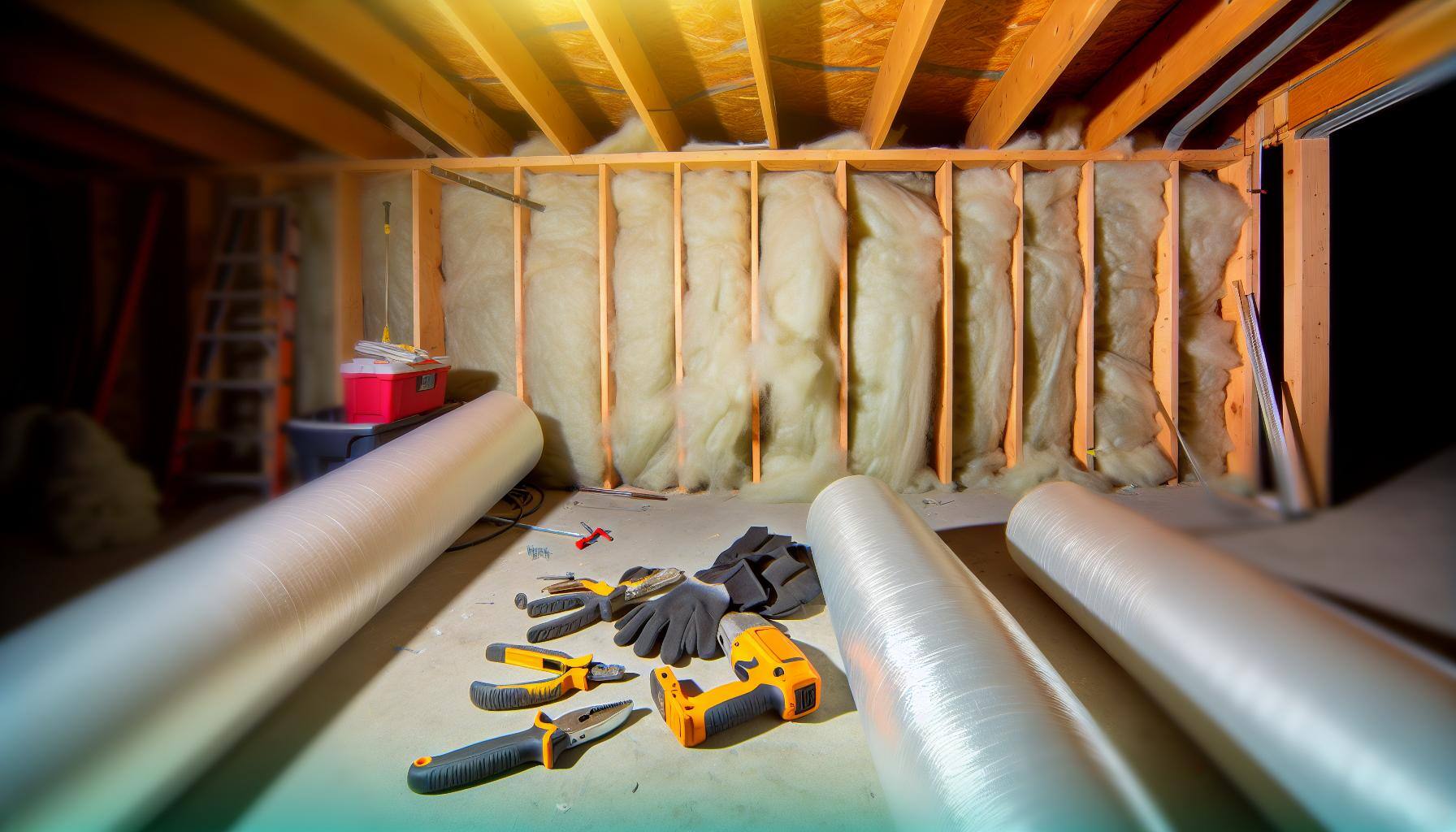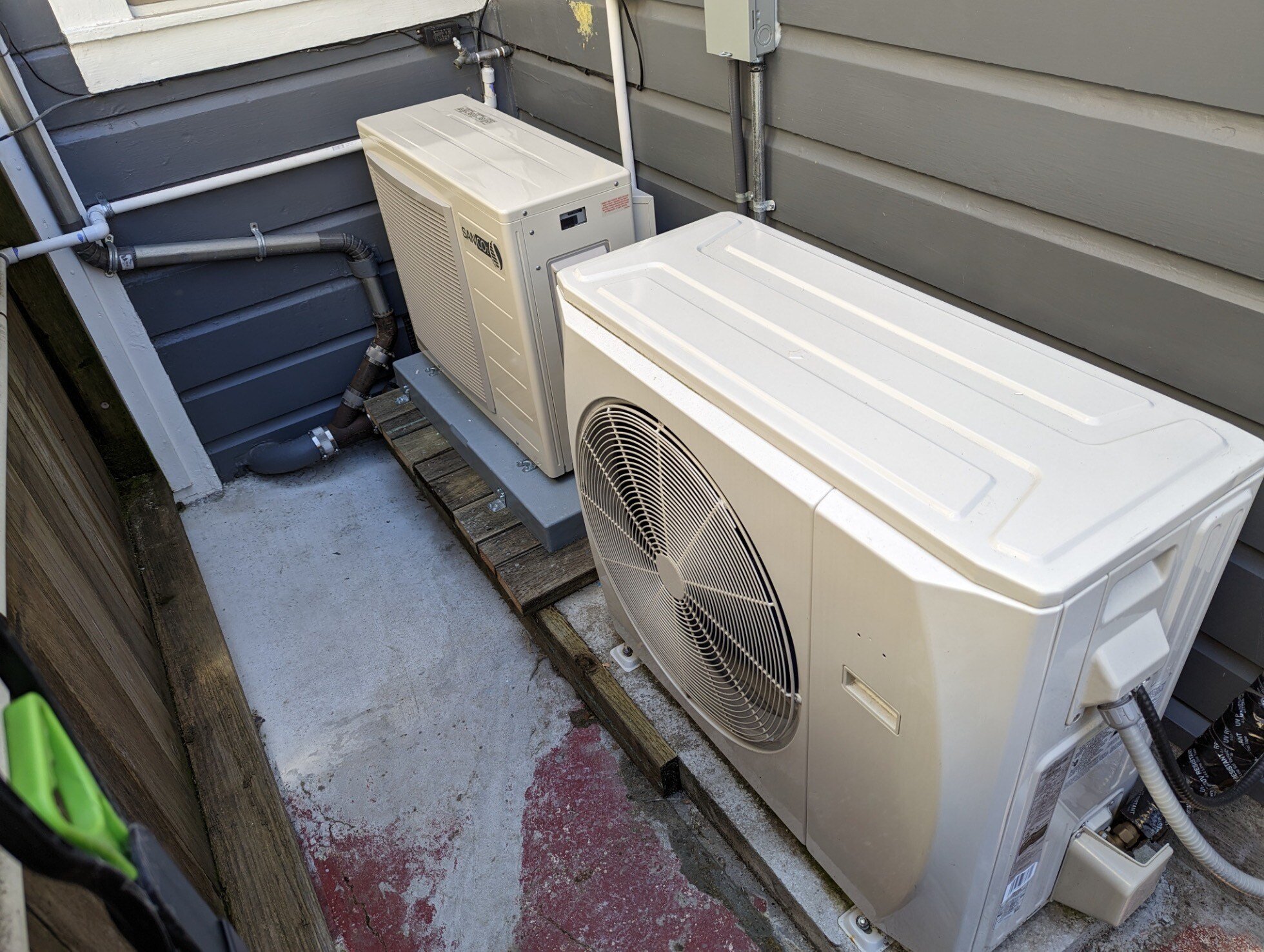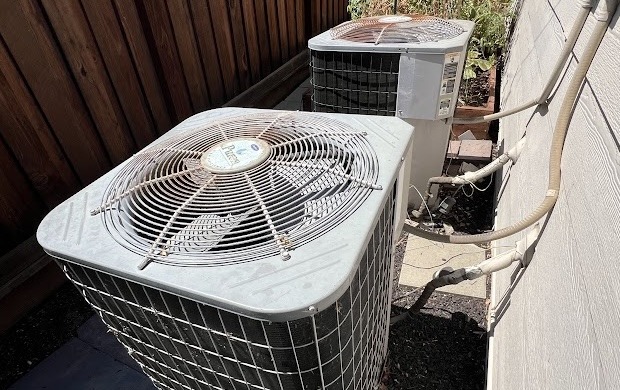Air-Source vs. Geothermal Heat Pumps: What Should You Know
Installing a heat pump is a great way to save money and make your home more energy efficient. There are two types of heat pumps: air source and geothermal. Both are both highly efficient heating and cooling systems and can help reduce your carbon emissions. However, there are key differences between the two that you need to know before installing them in your home.
- Differences Between Air-Source and Geothermal Heat Pumps
- Pros and Cons of Air-Source Heat Pumps
- Pros and Cons of Geothermal Heat Pumps
Differences Between Air-Source and Geothermal Heat Pumps
Air source heat pumps use the heat energy in outside air to provide heating and cooling. In the winter, they extract heat from the outdoor air and transfer it to the indoor unit. In the summer, they remove heat from the indoor air and transfer it outside in the summer. Air source heat pumps can be ducted or ductless and may consist of a single outdoor unit or multiple units zoned for different areas of the home.

Geothermal heat pumps, also known as ground source heat pumps, use the relatively constant temperature of the earth to provide heating and cooling. They work by circulating a water-based solution through a loop of underground pipes called a ground loop. In the winter, heat is extracted from the earth and transferred to the indoor heat pump unit, where it is used to heat the home. In the summer, the process is reversed. Heat is removed from the home and transferred back to the ground.
To help you decide which heat pump fits your needs, let's take a closer look at the pros and cons of each system.
Pros and Cons of Air-Source Heat Pumps
Air source heat pumps have several pros and cons that will affect your decision to purchase. QuitCarbon can help you determine whether purchasing an air-source heat pump makes sense for you.
Advantages of Air-Source Heat Pumps
- Lower upfront cost: Air-source heat pumps are generally less expensive to install than geothermal systems, particularly if ductwork is already in place.
- Widespread availability: Air-source heat pumps can be installed almost anywhere, making them a more viable option for many homeowners.
- Ease of installation: Air-source heat pumps are generally easier to install than geothermal systems, particularly if ductwork is already in place.
- Low maintenance requirements: Air-source heat pumps require minimal maintenance to ensure proper performance and longevity.
Disadvantages of Air-Source Heat Pumps
- Lower efficiency in extreme temperatures: Air source heat pumps may struggle to provide adequate heating in extremely cold temperatures, and may require supplemental heating. See our article on heat pump effectiveness in cold weather for more details.
- Noise: Air source heat pumps can be noisier than geothermal systems, particularly if multiple outdoor units are required.
- Aesthetics: Air source heat pumps may be less aesthetically pleasing than geothermal systems, particularly if multiple outdoor units are required.
- Shorter lifespan: Air source heat pumps may have a shorter lifespan than geothermal systems, with an average lifespan of 15-20 years.
Pros and Cons of Geothermal Heat Pumps
Geothermal heat pumps have different requirements and operating standards than air source heat pumps but are also a great way to improve energy efficiency.
Advantages of Geothermal Heat Pumps
- High efficiency: Geothermal systems are up to three times as efficient as other HVAC systems at heating and cooling.
- Consistent performance: Since geothermal systems rely on the relatively constant temperature of the earth, they can provide reliable heating and cooling even in extreme temperatures.
- Durability: Geothermal systems are often more durable than air source heat pumps, with an average lifespan of 25 years or more.
- Quiet operation: Since the majority of the system is located underground, geothermal systems are typically quieter than air-source heat pumps.
Disadvantages of Geothermal Heat Pumps
- Higher upfront cost: Geothermal systems are more expensive to install than air source heat pumps, particularly if a vertical ground loop is required.
- Limited availability: Since geothermal systems require access to the ground, they may not be a viable option in certain areas or on certain properties.
- Installation complexity: Geothermal systems can be more complex to install than air source heat pumps, particularly if a vertical ground loop is required.
- Maintenance requirements: Geothermal systems require periodic maintenance to ensure proper performance and longevity.
In conclusion, both geothermal and air-source heat pumps are excellent heating and cooling technologies, but they operate differently. If you live in an area with very cold temperatures, a geothermal system might be the better option for you. However, if you live in a more temperate climate like California, a lower-cost air source heat pump is the better choice.
In either case, QuitCarbon can help you make the right decision. We have helped hundreds of homeowners with electrification and HVAC upgrades.
Planning for these installations can be difficult, but QuitCarbon makes it easy by connecting you with trusted contractors who will get the job done right.




